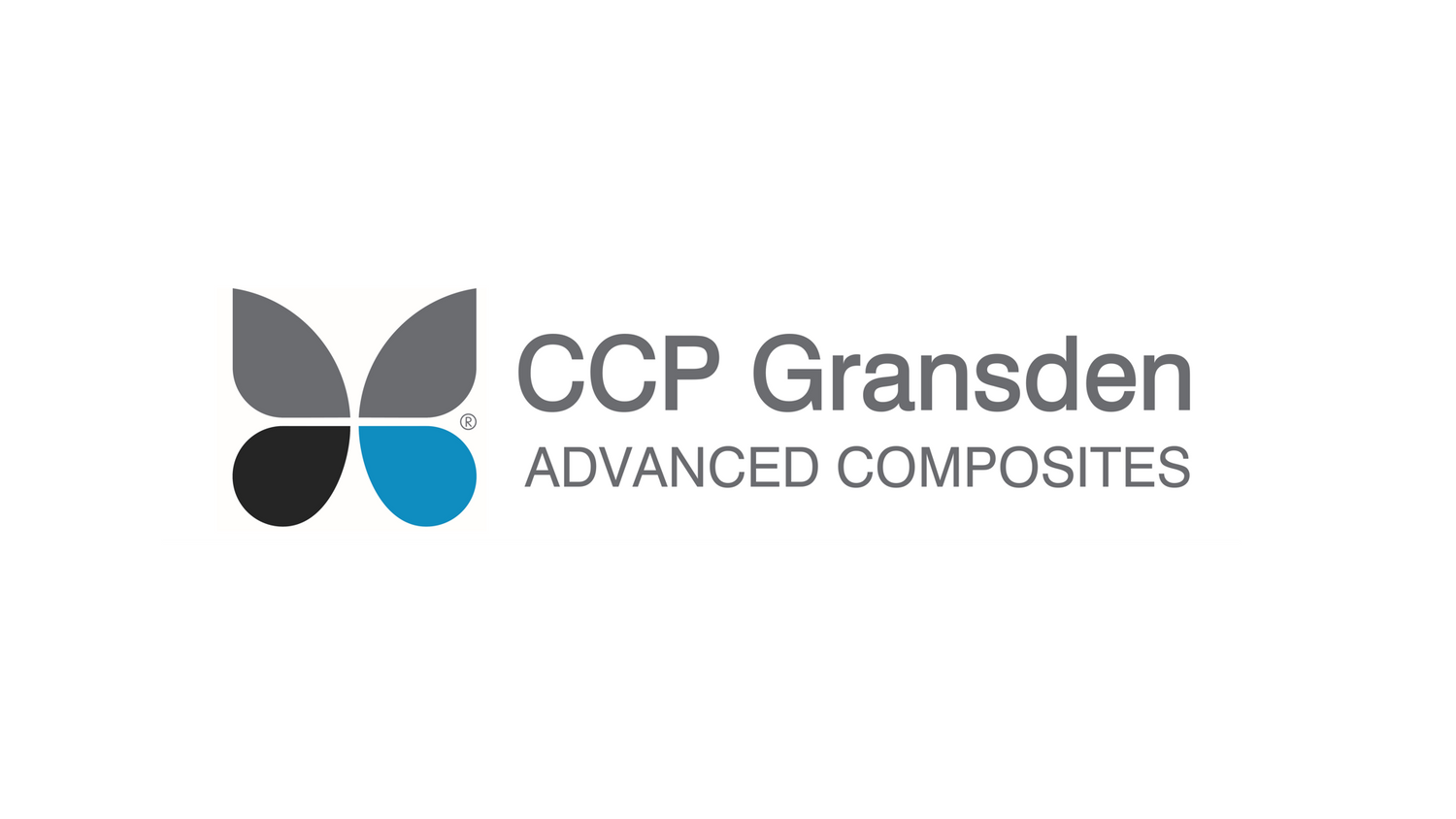CCP Gransden has supported development of technologies for future electric vehicles. Our advanced lightweight composite research is helping deliver longer zero-emissions range, greater performance and a more dynamic driving experience.

CCP Gransden was one of the advanced composite manufacturing partners in the Project Tucana consortium.
Funded by BEIS through Innovate UK and delivered via the Advanced Propulsion Centre UK, Project Tucana brought together world-leading academic and industry partners to develop lightweight structures for Battery Electric Vehicles (BEVs) using advanced, lightweight composites such as carbon fibre.
Project Tucana also involved: Warwick Manufacturing Group (WMG), EXPERT Tooling and Automation, Broetje-Automation UK, Toray International UK, and The Centre for Modelling & Simulation (CFMS).
KEY FACTS ABOUT THE PROJECT:
- £35m+ project, (£18.7m government funding).
- This advanced composite research and development will help make the UK a global leader in low-carbon technology.
- Future electric vehicles using advanced composites will be lighter, go faster, and go further.
- >5million tonnes of CO2 emissions will be prevented between 2023 and 2032.
- Aluminium and steel vehicle and powertrain structures will be replaced with lightweight advanced composite upgrades.
- Jaguar Land Rover aims to increase their vehicles’ stiffness by 30 per cent, cut weight by 35kg, and enhance the crash safety structure. Extra capacity could be utilised to fit larger and more powerful batteries with increased range.

Despite being one of the smaller members of the consortium CCP Gransden's manufacturing know-how made the firm a key contributor. CCP Gransden are also prudently exploring ways to sustainably scale up manufacture of the structures.
CCP Gransden are proud to champion these automotive performance improvements and are excited to see the benefits realised in future projects.
We are proud to announce that the Project Tucana consortium placed FIRST in ‘The Innovation in Composites Design Award’ at the Composites UK Industry Awards 2021.

Furthermore, parts produced at CCP Gransden's facility in Project Tucana went on to win further recognition; placing FIRST in the 'Automotive (Structural)' category at the 2022 JEC World Innovation Awards .

The innovation can be succinctly summarised -See the below explanation submitted for the awards:
KEY BENEFITS:
-
OOA, one-shot infusion
-
Automated process
-
Parts integration, no fasteners
-
Portable, low-cost
-
Energy-saver, lightweight
INNOVATION DESCRIPTION:
TUCANA is an enabler for future Battery Electric Vehicles (BEVs) demonstrated by redesign of the whole rear body structure of a Jaguar I-Pace.
Unlike traditional fabric-based manufacture using RTM or Autoclave technology which are not viable for a high volume (40,000+ unit per annum) cycle time nor a business case point of view, TUCANA focused on optimising the use of material and maximising the MPa/kg. To achieve this the topology optimisation helped define the major load-path hence creating the skeleton of the structure where fast-cure continuous carbon or glass fibre UD (Uni Directional) were laid. To put flesh around this skeleton and connect the UD together CF-SMC (Carbon Fibre Sheet Moulding Compound) and GF-SMC (Glass Fibre Sheet Moulding Compound) were used for the low cost, fast cycle time and high design freedom capable of achieving complex 3D shapes and convoluted design features not (easily) achievable with traditional fabric. Combining UD and SMC in the same component was a manufacturing challenge especially in term of UD position retention, UD to SMC adhesion or warpage management but the foremost technical challenge the TUCANA team had to face was the compliance of the multi-material structure with the traditional paint process with temperatures up to 200°C. Tailored materials, specific moulding parameter and proprietary modelling method were key to success.
Read more on JEC World here and Jaguar Land Rover's page here and here

